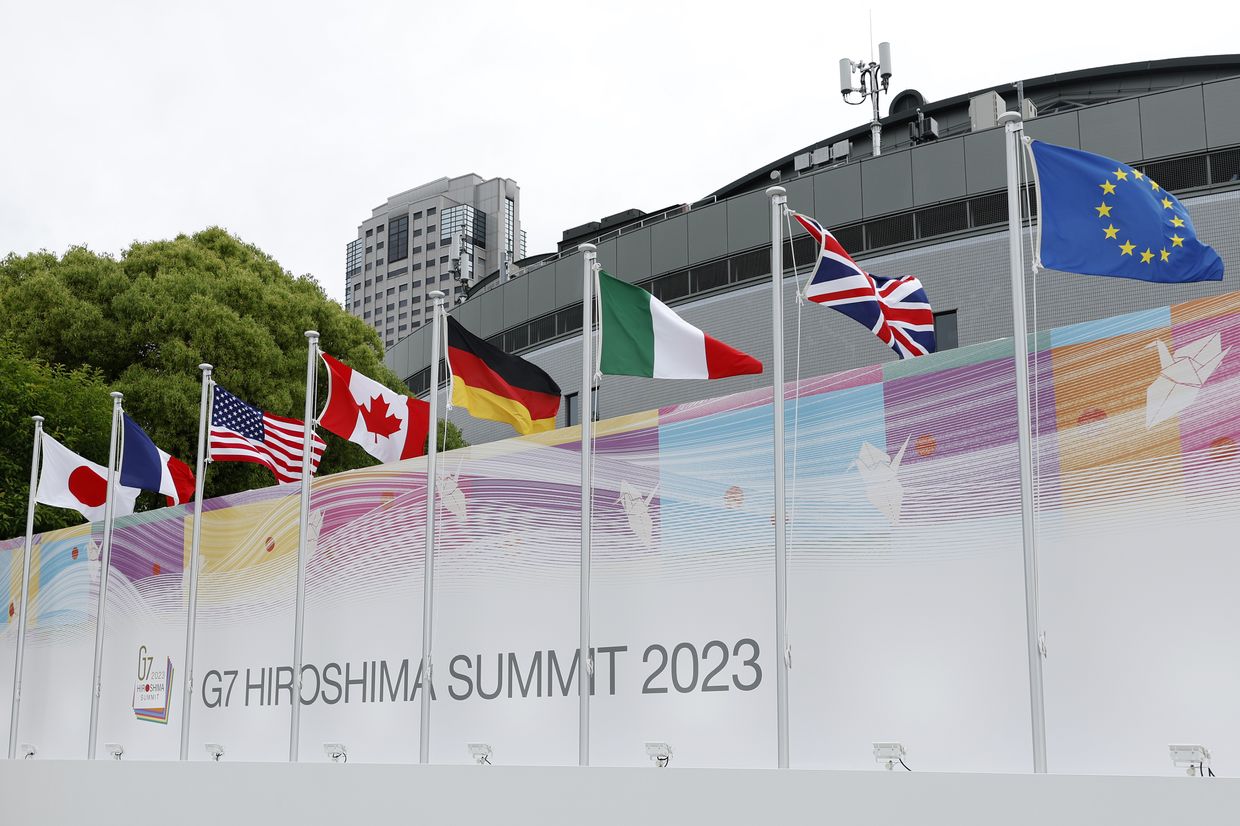Moscow Exchange suspends trading in dollars, euros

A new tranche of U.S. sanctions against Russian financial institutions forcibly suspended the trade of dollars and euros on the country's main trading hub, the Moscow Exchange.
The U.S. Treasury Department’s Office of Foreign Assets Control (OFAC) announced a new round of sanctions on June 12, targeting Russian financial institutions that serve as intermediaries in dollar trading on the Russian foreign exchange market. Within the next hour, the Moscow Exchange released a statement suspending the trade of dollars and euros beginning June 13.
Companies, banks, and investors can no longer trade dollars or euros via a central exchange. These entities will be forced to trade over-the-counter (OTC).
Many Russians hold portions of their savings in one of these currencies as a safety net in case the Russian rouble crashes. The bank assured its customers that these deposits were secure.
"Companies and individuals can continue to buy and sell U.S. dollars and euros through Russian banks," the statement reads. "All funds in U.S. dollars and euros in the accounts and deposits of citizens and companies remain safe."
Western countries have imposed extensive economic restrictions against Moscow over its full-scale invasion of Ukraine, seeking to curb its state revenue and prevent it from obtaining key technologies needed for the war effort.
Russia has sought to dodge these sanctions via various third-party entities in China, Central Asia, Turkey, and the United Arab Emirates.
U.S. Deputy Treasury Secretary Wally Adeyemo recently visited Kyiv to hold talks with top Ukrainian officials on plans to strengthen sanctions against Russia.













